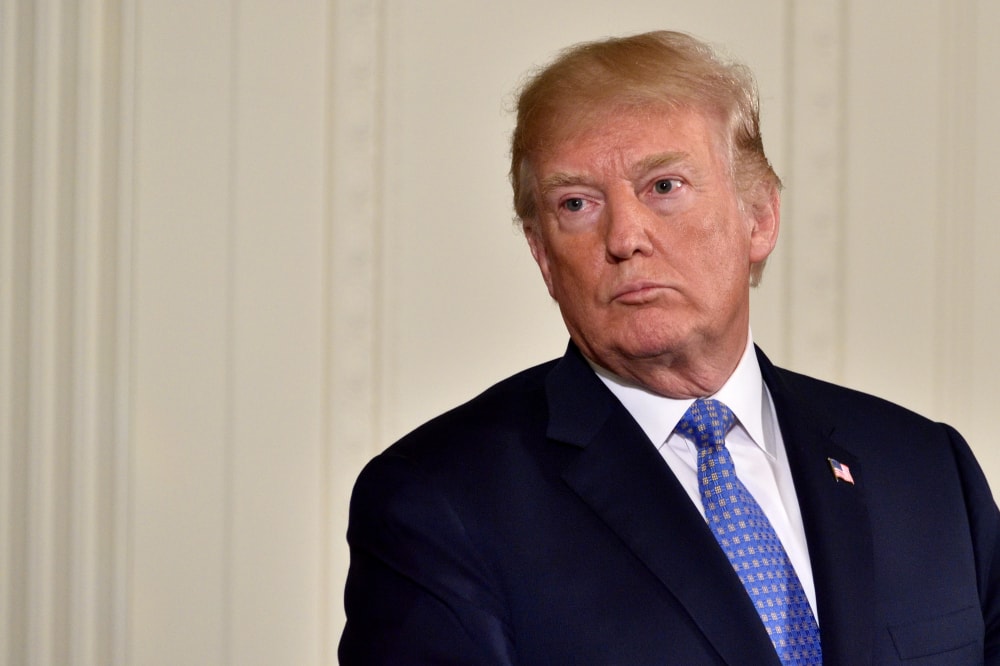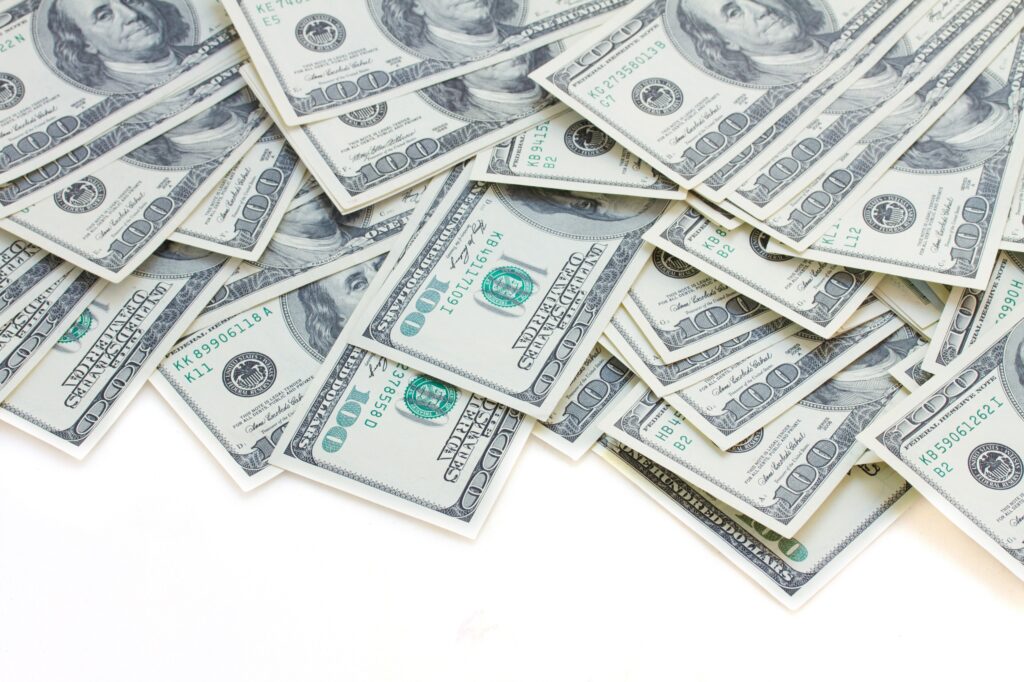Patents are a big part of why we can’t own nice things: the Supreme Court should fix that
The case will turn on how the Supreme Court applies patent law’s “exhaustion doctrine.” As the Court explained in its unanimous Quanta v. LG Electronics decision, the exhaustion doctrine provides that “the initial authorized sale of a patented item terminates all patent rights.” Meaning, a patent holder can’t use patent rights to control what you can do with the product you’ve purchased, because they no longer have patent rights in that particular object. As we explained in a brief submitted along with Public Knowledge, Mozilla, the AARP, and R Street Institute to the Supreme Court, the doctrine protects both purchasers and downstream users of patented products. Without the exhaustion doctrine, patent holders would be free to impose all kinds of limits on what you can do with their products, and can use patent infringement’s severe penalties as the enforcement mechanism. The doctrine also serves patent law’s constitutional purpose—to promote progress and innovation—by ensuring that future innovators have access to, and can research and build on, existing inventions, without seeking permission from the patent holder.








